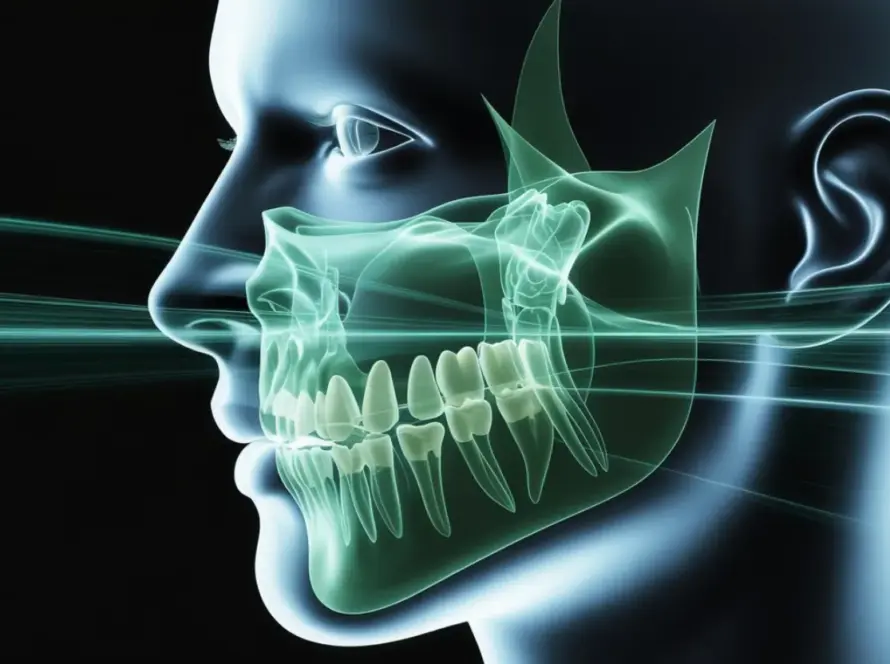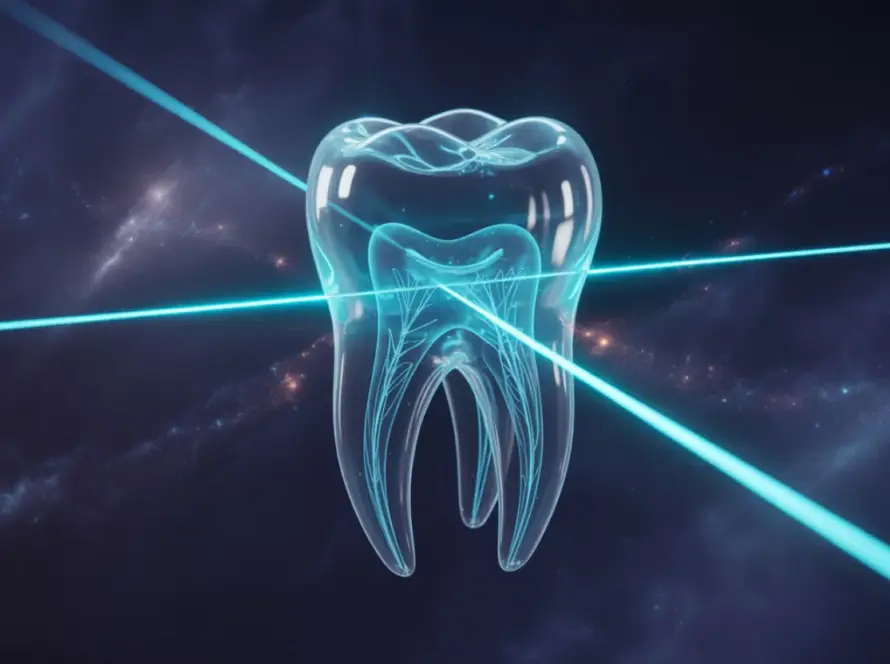Dental implants really are the next best thing to natural teeth. They’re strong, stable, and—if you take care of them—they can stick around for decades. But here’s the thing: implants need TLC. Skip out on maintenance, and you’re looking at gum inflammation, bone loss, or even a failed implant. Nobody wants that.
Taking care of implants isn’t rocket science. Think of it like keeping your car running—regular attention goes a long way. Stick to these four habits and you’ll keep your smile healthy for years.
1. Brush and Floss the Right Way
Grab a soft-bristled toothbrush—manual or electric, your call—and use non-abrasive fluoride toothpaste. Angle the brush toward your gums and gently clean around the implant crown and abutment. Bacteria love to hide out in these spots, so don’t rush.
Flossing matters just as much. You’ve got options:
- Special implant floss with stiff ends slips under bridges.
- Interdental brushes that fit between implants.
- Water flossers, which are perfect if regular floss is tricky for you.
What counts is consistency, not brute force. Gentle, twice-daily cleaning keeps biofilm at bay and stops gum inflammation before it starts.
2. Ditch Smoking and Watch the Alcohol
If you smoke, know this: it’s the top reason implants run into trouble. Nicotine messes with blood flow, slows healing, and makes it harder for bone to bond with your implant. Smokers are way more likely to develop serious gum issues around implants.
Alcohol isn’t much better. Too much dries out your mouth and weakens your body’s defenses. Can’t quit entirely? Cutting back still helps your gums.
3. Don’t Skip the Dentist
Even if you’re a brushing and flossing pro, some plaque turns into hard calculus that you just can’t remove at home. See your dentist every 3–6 months for cleanings with the right tools—plastic or titanium instruments that won’t scratch your implants.
At each visit, your dentist will check:
- How deep the gum pockets are
- Bone levels on X-rays
- If the implant is stable and the crown fits right
Yearly X-rays spot bone changes early, before you’d ever notice. Catching problems soon means easier, less expensive fixes.
4. Protect Implants from Grinding and Hard Hits
Grinding your teeth (especially while sleeping) puts way more pressure on your implants than they’re built for. A custom night guard absorbs that force and keeps both implants and natural teeth safe.
Also, don’t use your teeth as tools, and stay away from chewing ice or hard candy. Implants are tough, but they don’t have the natural shock-absorbing ligament your real teeth have.
Support Your Implants with Smart Choices
- Eat more calcium—think dairy or leafy greens—to keep bones strong.
- Drink water to keep saliva flowing and bacteria in check.
- Cut back on sugary snacks that feed plaque.
- Stay active—better circulation means better healing.
Know the Red Flags
Call your dentist if you notice:
- Bleeding or swelling near an implant
- Gum pulling back and showing metal
- Bad breath that just won’t go away
- Loose crowns or pain when chewing
Spotting issues early means you can turn things around before they get serious.
A Real-World Example
One patient, age 50, had two lower implants. He brushed with an electric toothbrush, used a water flosser, and never missed his quarterly checkups. Ten years later—still no bone loss. His friend, who didn’t keep up, lost an implant in five years. It really comes down to daily discipline.
How Technology Helps
These days, dentists use digital scans and 3D imaging to monitor even the tiniest bone changes around implants. AI can flag early signs of inflammation before you feel anything, so you can act before things go south.
Don’t Fall for These Myths
Myth: Implants can’t decay, so brushing isn’t important.
Truth: The crown won’t rot, but your gums can still get infected.
Myth: Water flossers mean you can skip dental visits.
Truth: They help, but they don’t replace professional cleanings.
Myth: Once they heal, implants last forever, no matter what.
Truth: Neglect them, and you’ll lose them just like you would natural teeth.
Bottom Line
Dental implants can last a lifetime—but only if you treat them like real teeth. Brush and floss every day, quit smoking, see your dentist, and protect your implants from grinding. These habits aren’t just about protecting your investment—they keep you comfortable and confident, year after year.



